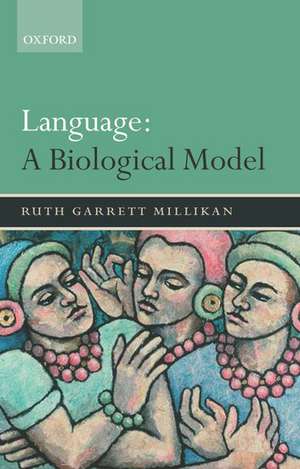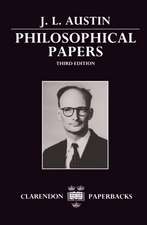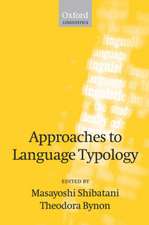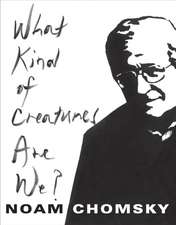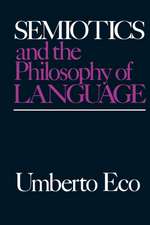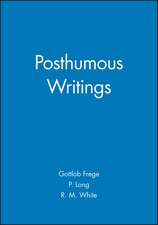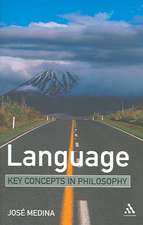Language: A Biological Model
Autor Ruth Garrett Millikanen Limba Engleză Paperback – 18 aug 2005
| Toate formatele și edițiile | Preț | Express |
|---|---|---|
| Paperback (1) | 330.47 lei 31-37 zile | |
| OUP OXFORD – 18 aug 2005 | 330.47 lei 31-37 zile | |
| Hardback (1) | 814.96 lei 31-37 zile | |
| Clarendon Press – 18 aug 2005 | 814.96 lei 31-37 zile |
Preț: 330.47 lei
Preț vechi: 376.90 lei
-12% Nou
Puncte Express: 496
Preț estimativ în valută:
63.24€ • 65.78$ • 52.21£
63.24€ • 65.78$ • 52.21£
Carte tipărită la comandă
Livrare economică 01-07 aprilie
Preluare comenzi: 021 569.72.76
Specificații
ISBN-13: 9780199284771
ISBN-10: 0199284776
Pagini: 240
Ilustrații: 1 line drawing
Dimensiuni: 139 x 215 x 13 mm
Greutate: 0.28 kg
Ediția:New.
Editura: OUP OXFORD
Colecția OUP Oxford
Locul publicării:Oxford, United Kingdom
ISBN-10: 0199284776
Pagini: 240
Ilustrații: 1 line drawing
Dimensiuni: 139 x 215 x 13 mm
Greutate: 0.28 kg
Ediția:New.
Editura: OUP OXFORD
Colecția OUP Oxford
Locul publicării:Oxford, United Kingdom
Recenzii
The essays are carefully organized to present Millikan's account of language in a novel, systemic manner...it's unapologetically ambitious, uncommonly though-provoking, and is full of insights, in every chapter. Moreover, she does often succeed at making her ideas more accessible than in other of her works...this new collection is often fascinating and consistently thought-provoking, and many of her claims that seem on first look to be obviously wrong become, over time, utterly compelling. The book is a challenge, but it's worth it.
the individual essays of Language serve to confirm Millikan's status as one of the most innovative and compelling thinkers of our time.
Ruth Garrett Millikan is one of the most important thinkers in philosophy of mind and language of the current generation.
the individual essays of Language serve to confirm Millikan's status as one of the most innovative and compelling thinkers of our time.
Ruth Garrett Millikan is one of the most important thinkers in philosophy of mind and language of the current generation.
